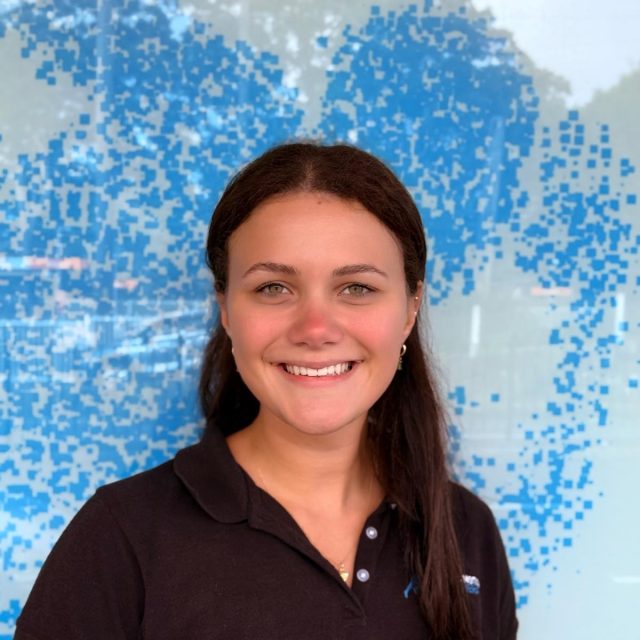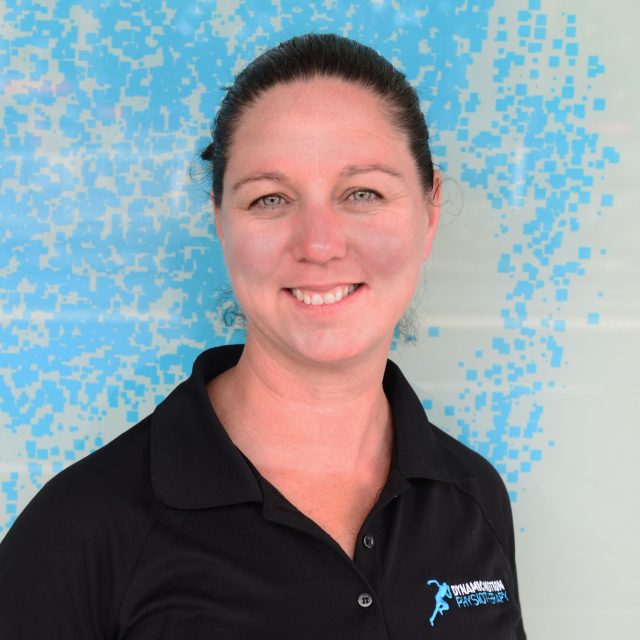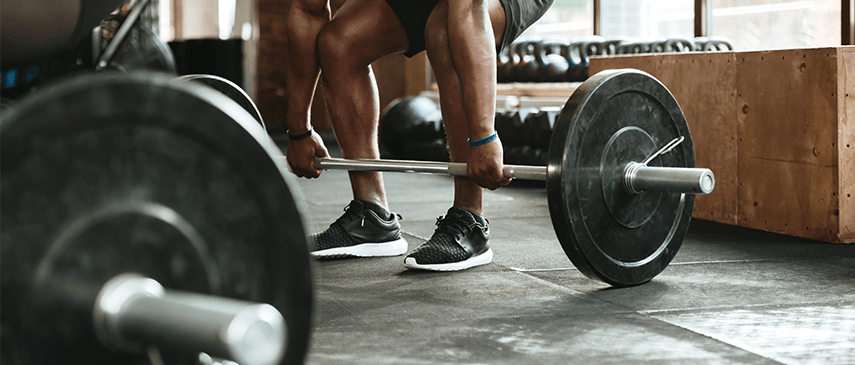Should runners lift weights?
It would stand to reason that if you want to become a better runner you should spend more time running. But is their more you can do to close in on that elusive PB than just copious amounts of Kilometres?
You might not believe it but that extra 5% might be found in the weights room. Recent research has looked into running and weights training programs and here are some of the benefits…
Strong tendons
Strength training not only makes the muscles stronger but also makes the tendons stronger and stiffer. Stiffer tendons are ideal as they are less susceptible to injury and help transfer force more efficiently, meaning you can move from heel strike to toe off a lot more quickly and efficiently.
More Muscle Fibre Recruitment
Muscles are made up of many small fibres. When we train the same way, we use the same muscle fibres. That is, if we run long and slow, we use slow twitch fibres. By strength training we can activate fast twitch fibres which can then be trained for endurance activity.
Older athletes
One of the most notable differences between older and young athletes is a decrement in strength. This reduces force production and has a negative bearing on performance. Strength training has been shown to reduce age related differences in endurance athletes.
Running economy
Improvements in running economy are another benefit identified from strength training. Meaning that less energy is required to run at a given speed. This can be attributed to the greater contraction force of the muscle along with the stiffer tendons mentioned above.
Muscle mass
The other good news is that you aren’t going to “bulk up”. In the recent studies performed runners did not have significant changes to body mass.
If you would like to discuss this topic further or would like some advice on how to implement strength training in your program get in contact with one of our Exercise Physiologists here at Dynamic Motion.
-
Jess MerciecaExercise Physiologist

-
William PerrettExercise Physiologist

-
Deb EvenissExercise Physiologist

Jess Mercieca
Jess Mercieca
Jess gained further experience working in a private hospital, seeing patients post-operatively and assisting in their recovery through a combination of gym-based exercise and hydrotherapy. Furthermore, Jess treated patients with chronic pain, muscle atrophy and cancer.
Jess ensures each client is treated as an individual with consideration of the various lifestyle and psychological factors that interplay with recovery. Her focus is to empower people through exercise and guide them towards self management.
Outside of work Jess is interested in strength training, swimming and hiking and enjoys the beach nearby her home.
William Perrett
William Perrett
Will is an accredited Exercise Physiologist who completed his Master of Clinical Exercise Physiology at the University of Technology Sydney. Through clinical placement, Will gained extensive experience in age-related conditions, working with older adults to learn the benefits of resistance training in maintaining strength and balance. Will also obtained an insight into neurological conditions as he completed a placement in a specialised clinic working with conditions such as spinal cord injury, stroke and MS.
Prior to becoming an exercise physiologist, Will has worked as a learn to swim instructor and squad swimming coach where he developed his passion for teaching others. In this role, Will gained extensive experience working with children and people of all ages. Will believes that exercise is for everyone and that it’s never too late to get started. He is passionate about helping people improve their health and their lives through the power of exercise.
Outside of work, Will pursues his own goals in running, swimming, triathlon and strength training. He is always pushing towards a new personal best and looks forward to helping you reach yours.
Clinical special interest areas- Strength and conditioning, Paediatrics, Older adults.

Deb Eveniss
Deb Eveniss
Deb began her health and fitness career working as a personal trainer after obtaining her Certificate III and IV in Fitness. Here she developed a keen interest in healthy aging, falls prevention and cancer and exercise. Deb then decided to further her knowledge and experience by further study and becoming an exercise physiologist.
Deb has a keen interest in helping those with cancer, neurological conditions such as MS, HD, PD and stroke and brain injury survivors. More recently she has been researching and treating fatigue conditions including Long Covid, ME/CFS, POTS and EDS. Deb strongly believes that “movement is medicine” and wants to help people enjoy all that safe and healthy movement can bring.
In her spare time Deb is heavily involved in parkrun, soccer, trail running, hiking, kayaking and raising two very busy teenagers.

